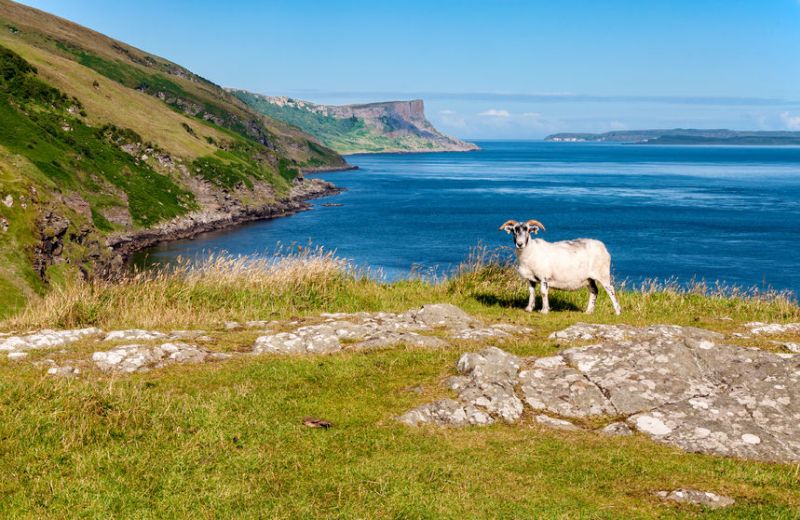
Northern Irish farmers saw a drastic reduction in farm incomes in 2018, underlining the 'continued dependence' of direct support for agriculture.
Provisional figures indicate that the ‘Total Income from Farming’ (TIFF) in Northern Ireland fell by 24% from £467m in 2017 to £360m in 2018.
TIFF represents the return on own labour, management input and own capital invested for all those with an entrepreneurial involvement in farming. It represents farm income measured at the sector level.
Responding to the figures, the Ulster Farmers’ Union (UFU) said the drop in farm incomes in 2018 is 'disappointing', but 'does not come as surprise'.
UFU president, Ivor Ferguson said: “Despite the lack of firm decisions on future support arrangements these figures must be a wake up call that these cannot be indefinitely delayed.”
The union said it needs to be seen in the context of there being less money available for farmers to invest or spend in their local community.
“Even with all the changes we have seen in rural areas their financial fortunes still ebb and flow with the success or otherwise of agriculture,” he added.
Rising costs
The figures confirm that despite continuing general growth in both quantity and price of outputs, farmers are being hit by rising costs for all inputs.
Feed makes up 55 per cent of the bill as costs there rose by 13 per cent, the data shows.
Mr Ferguson said: “This is the other side of the coin of price gains from the weakening of sterling. Most inputs such as feed, chemicals, fuel and fertilisers link back to euro or US dollar prices.
“These increases and higher labour costs are putting a squeeze on margins when incomes are just about static.”
Farm Business Income measured across all farm types is also expected to decrease from an average £33,870 in 2017/18 to £26,030 in 2018/19, i.e. a decrease of £7,840 or 23% per farm.
Farm Business Income is also expected to fall for dairy, cattle and sheep (LFA), cattle and sheep (Lowland), pigs and mixed farm types between 2017/18 and 2018/19.
For all these farm types with the exception of pigs, the downturn in their incomes is mainly attributed to higher feed costs in the 2018/19 accounting year.
'Threat to backbone of agriculture'
The UFU said it is particularly concerned about the plunge in incomes in both hill and lowland beef and sheep production.
Mr Ferguson said: “This is a threat to the very backbone of agriculture. If farmers are unable to cover rising input costs its future is in doubt. That would be a massive blow to the industry.
“Tacking this issue must be central to whatever new farm support structures are put in place after Brexit,” said the UFU president.
The farming union said the 'harsh reality' of the figures is an industry 'squeezed by static returns and rising costs', with its future uncertain.
“Look behind these and of the £360 million total income, £286 million was made up of direct support from Brussels through the CAP. That is why decisions on how this will be replaced after Brexit cannot be allowed to drift even further,” warned Mr Ferguson.
New statistics released this week also show that total income from farming in Scotland is estimated to have fallen by £57 million in 2018.
